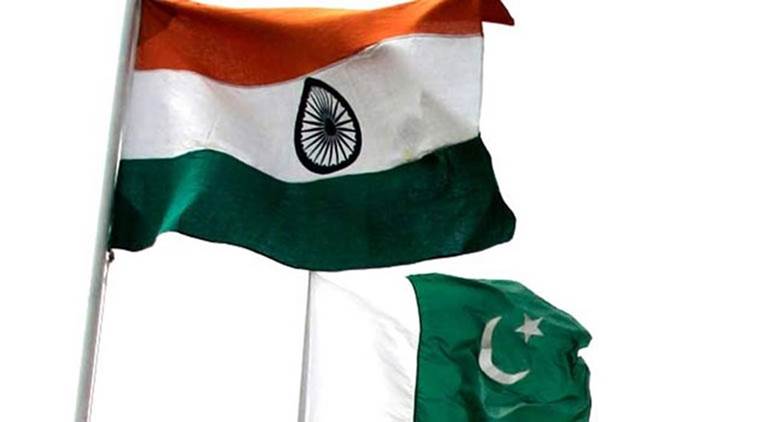View From The Neighbourhood: Paradigm shift
Muhammad Amir Rana, a security analyst, argues that both India and Pakistan need eschew rhetoric and move from a discourse of warfare to one of “strategic realism”:

Muhammad Amir Rana, a security analyst lays out a plan in Dawn on February 25 for Pakistan to address the militancy issue in that country: “Pakistan can by no means leave the task of countering terrorism unaccomplished. For that, it will have to adopt a policy mechanism to control all shades of militant groups. In retrospect, Pakistan has already taken some measures that have put pressure on militants and their supporters. This pressure should remain sustained and be expanded across the board, reflecting the state’s resolve that no militant group will be allowed to operate here.”
He lays down three steps that would lead to this paradigm shift: First, “militants should not be allowed to hide behind the state’s religious-nationalist paradigm.” Second, militant organisations should cease to form a part of the Pakistan state’s security and strategic calculus. Third, “the international community, including Pakistan’s key strategic partner, China, has become less tolerant towards violent non-state actors that are considered a key hurdle in the way of progress and globalisation. Global economies trust only non-state actors of peace and cooperation, such as the Financial Action Task Force, the international financial watchdog that helps check money laundering and terror financing.”
He argues that both India and Pakistan need eschew rhetoric and move from a discourse of warfare to one of “strategic realism”: “Pakistan’s offer to India for talks was an attempt to bring these countries into the realm of strategic realism, but the Indian response remains negative. This attitude is not going to help India; rather, it will leave the current regime in Delhi hostage to a new collective narcissism that is growing in Indian society… In the narcissistic framework of India, Pakistan is seen as holding the position of an ‘offender’ that provokes the majority’s sentiments and sees the Kashmiris as aligned with Pakistan.”
Peace, please
The February 23 editorial in The Dhaka Tribune notes with “great concern” the escalation of tensions between India and Pakistan following the attack on the CRPF convoy in Pulwama on February 14. It begins by condemning wholeheartedly the terror attack and even expresses sympathy with the sentiment in New Delhi: “India’s reaction of wanting to give a ‘befitting’ reply after such a deadly attack is understandable given Pakistan’s obvious involvement in Kashmir but blaming Pakistan directly requires more evidence. At the same time, we have seen an inadequate response from Pakistan to address India’s longstanding concerns about allowing terrorist groups to find asylum within its territory. It is alleged not only by India but also many other international entities that a section of the country’s establishment, hostile to the idea of peace, harbours armed groups that carry out cross-border terrorist acts. Pakistan must commit to do more in dismantling these non-state actors.”
The editorial, however, also calls for a de-escalation and dialogue, and circumspection, both as an end in itself as well as in the larger interest of South Asia as a whole: “On the other hand, the nationalist elements in India have, since the attack, created an environment in which anything less than revenge would be deemed unacceptable. Yet this is the last thing that should be contemplated. The most prudent thing for India to do would be exercise restraint and not fall into the trap of a war, which would destabilise not just both the countries but also the entire region. India should also protect Kashmiri civilians and those voicing peace from nationalist jingoists..”
Nepal judicial war
The Supreme Court of Nepal is going through high drama, according to the February 21 editorial in The Himalayan Times: “Senior-most Justice of the Supreme Court Deepak Raj Joshee has resigned from his post, but not without taking offence at the way he was treated in his final days. Incumbent Chief Justice Cholendra Shumsher Rana, after taking the reins of the apex court from the beginning of January this year, refused to assign Supreme Court benches to Joshee, leaving the latter with just two options: either to quit or attend court but not work. The power to assign cases lies solely with the CJ, who had explicitly called on Joshee to leave the court for good. Barring an impeachment by the federal Parliament, Joshee had till October before resigning on age grounds. However, rather than face the continued humiliation meted out to him, Joshee decided to quit on Tuesday.”
That this politics of vendetta and acrimony has reached the courts is a matter of grave concern, according to the editorial.










.png)




























No hay comentarios:
Publicar un comentario